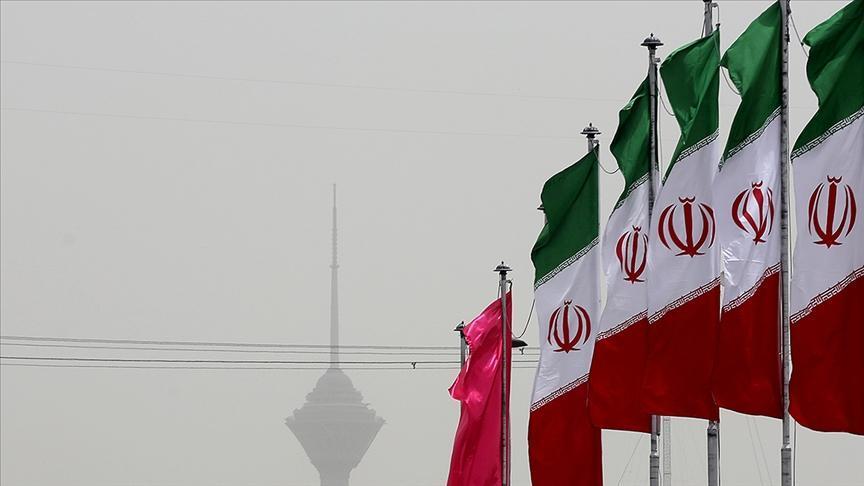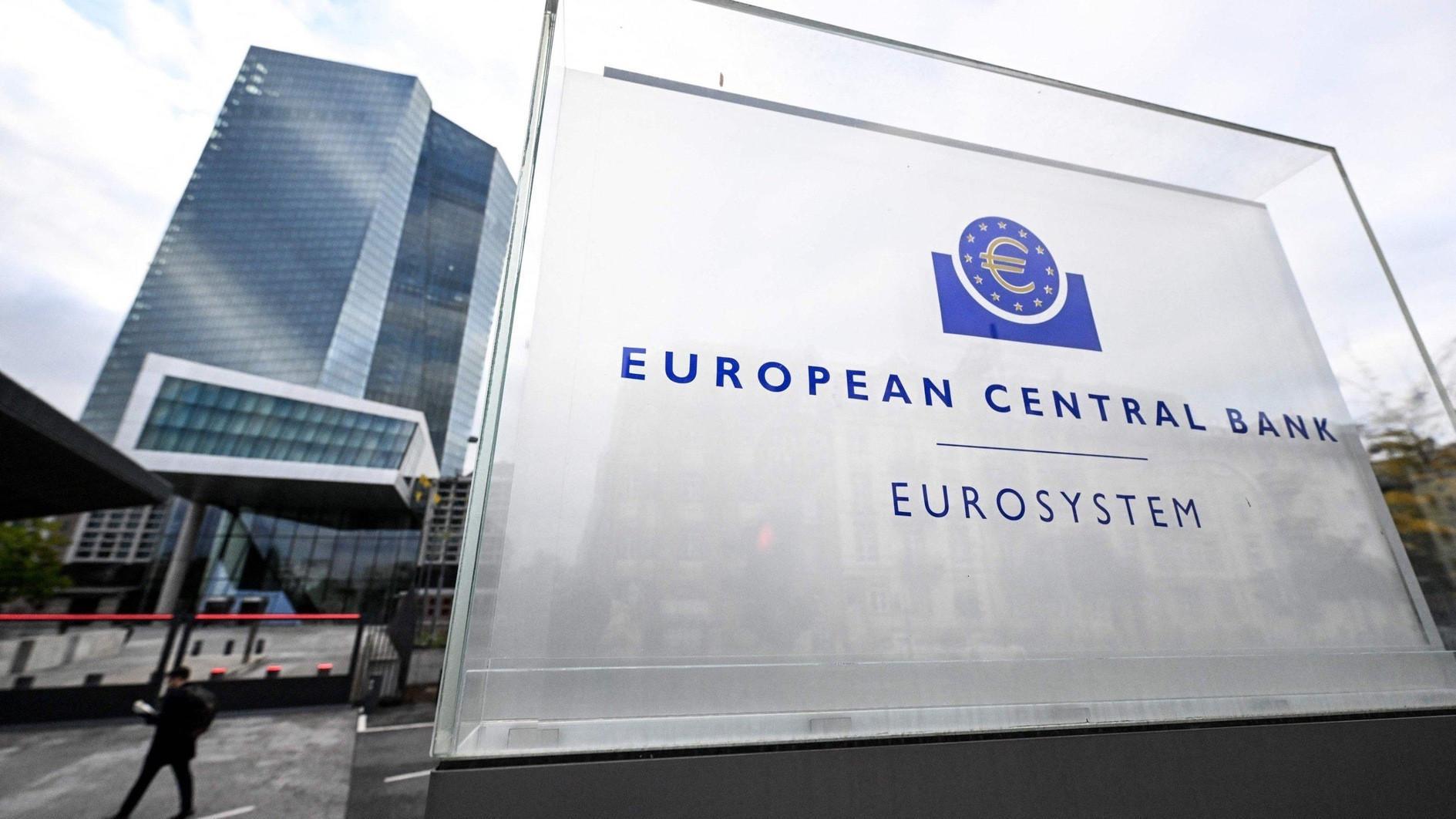Global markets to monitor Syriza for a month
The winner of the Greek elections, the radical left party Syriza, is the talk of not only Europe but the entire world. These election results, which will be discussed a lot more politically, also closely interest the financial markets.
Greece’s new debt bargain should be monitored very carefully until the end of February, which is the date of the deal. The euro, already in a weak position, will fluctuate during this term depending on the European Union’s negotiations with Syriza.
Even though the markets will be talking about Syriza for the next month, international politicians - especially those in European countries - look like they will be debating the election results in Greece for longer still.
Everybody agrees that these elections results were a reaction to the economic policy that the EU implemented while overcoming the crisis. Not only in Greece, but in other countries as well, radical left parties are growing stronger. Spain’s elections in May could constitute a new benchmark in these discussions.
Actually, the reaction against the economic policies of the EU is not only coming from the leftist grassroots. One can also observe an inclination toward extremes on the right. The strengthening of such movements in Germany and Sweden, which are increasingly taking on an anti-Islamist, almost racist, tone, are partly the result of a reaction against economic policies.
In short, European leaders, with the Greek election results, have now understood the extent of the bill of not being able to act together since 2008 and of being late to take measures against the crisis.
This has coincided with the European Central Bank's recent decision to finally assume monetary expansion. The future of this expansion, which was a pleasant one in terms of the hot money inflow for developing countries like us, also depends on the bargains that Greece will make with the EU. In other words, these elections are closely related in terms of the economy not only to Europe but also to developing countries, led by Turkey.
Germany’s decision
For this reason, domestic markets will turn their eyes to Syriza and whether or not it will keep its pre-election promises of deleting a portion of Greece's debt, rescheduling debt repayments, and increasing social spending. It should also be noted that within this framework the stance of Germany, the country that shoulders the financial load of Europe to a great extent, will be monitored very closely.
In sum, with the Greek elections, a new era is starting in Europe. The decisions that the EU will make will affect the entire world both politically and economically. If the EU is convinced that decentralization is one result of the policies implemented, then the stance it will adopt to fight this will have a crucial significance. As seen in the Greek example, either it will grant financial flexibility to troubled countries for them to increase social aid, or it will do just the opposite and adopt a harsh stance to show that the new government will be unsuccessful.
I think Syriza will not be able to keep all of its pre-election promises. On the other hand, the stance of the EU, and especially Germany, for the sake of finding a compromise will closely interest all of us due to its economic effects.











